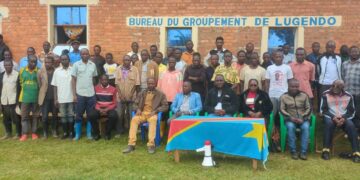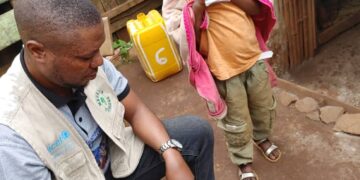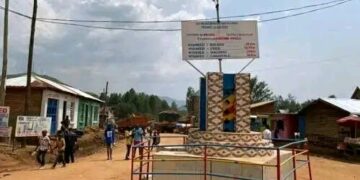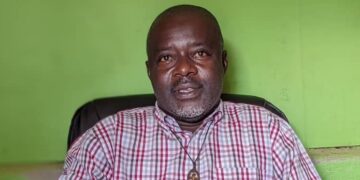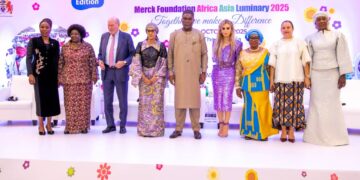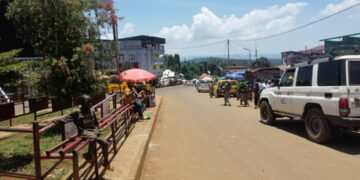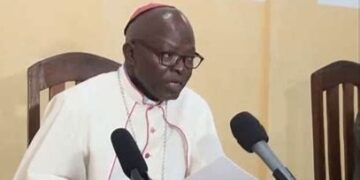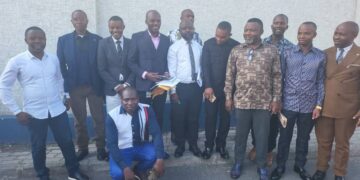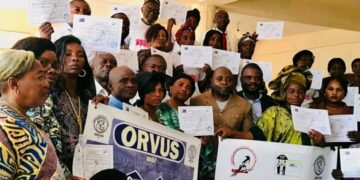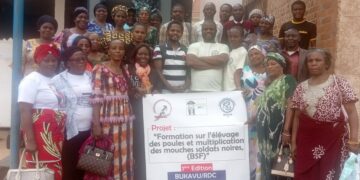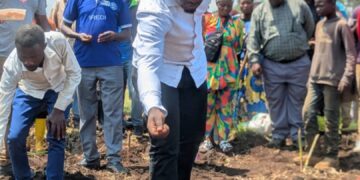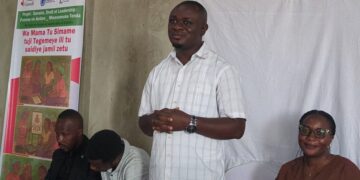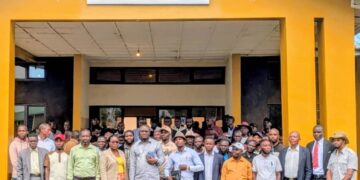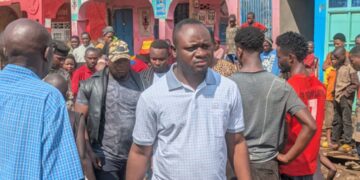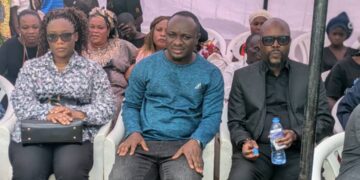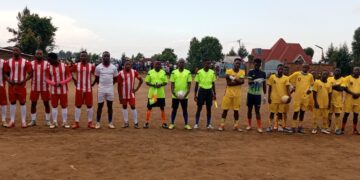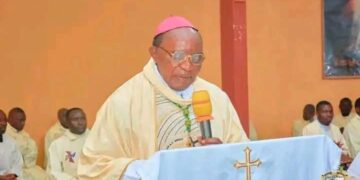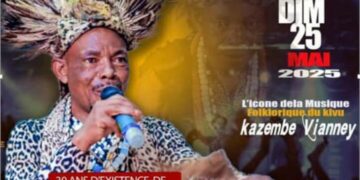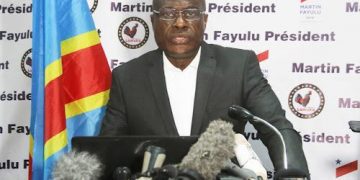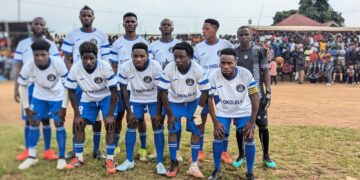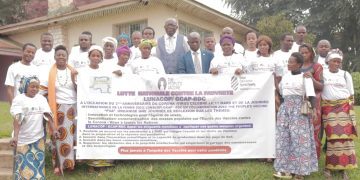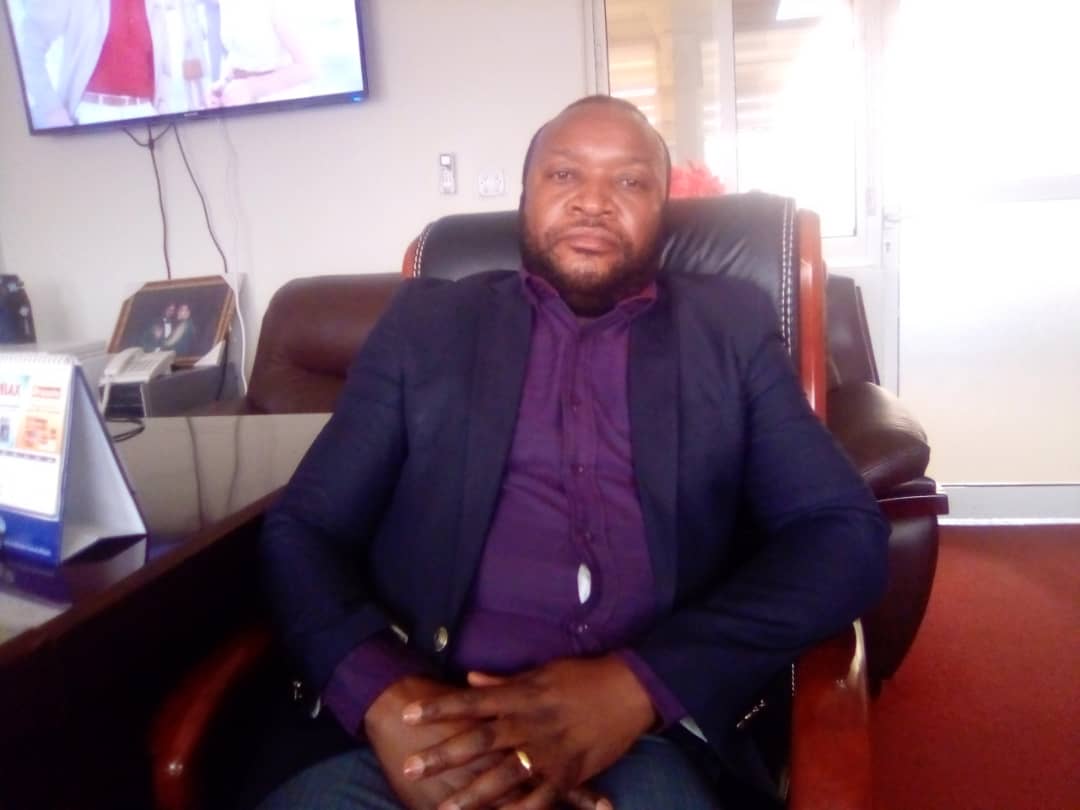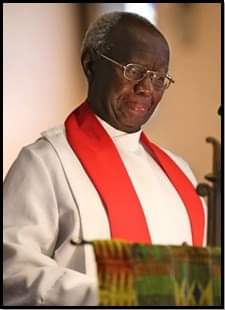Professor John Mbiti, the first African scholar to translate the Bible in Kikamba, a Kenya intellectual and one of the strongest pillars of African theology, is no more. He did join the land of his ancestors on the 6th October 2019.
Born in Jomo Kenyata’s land, Kenya, Professor Mbiti studied in Uganda and the United States America. He did his PhD in 1963 at the University of Cambridge in the United Kingdom. He taught religion and theology in Makerere University, Uganda from 1964 to 1974. He was also the director of the World Council of Churches’ Ecumenical Institute in Bogis-Bossey, Switzerland. He settled in Switzerland with his wife and their four children while lecturing at the University of Bern. Mbiti, an ordained Anglican priest, Christian religious philosopher, an intellectual of great honor, was born on the 30th November 1931.
His outermost legacy in African theological scholarship and Christian religious practice is the Holly Bible in Kikamba. The translation, titled The Kikamba Bible – Utianiyo Mweu Wa Mwiyai Yesu Kilisto (the New Testament of the Lord Jesus Christ), which was launched in December 2014 by Kenya Literature Bureau.
During his young age as a junior lecturer at Makerere University, He wrote “African Religions and Philosophy,” in this work Professor Mbiti dared to challenge Christian subjective interpretations that traditional African religious ideas were “demonic and anti-Christian.”
His disappearance is a greatest lost to mother Africa, a continent that was subjected to what the sociologist Boaventura de Sousa Santos coined epistemicide, or the assassination of knowledge systems. Epistemicide, linguicide and cultural genocide have been a product of Western modern higher education which Professor Mbiti challenged through his academic life. He was among brave African intellectuals who understand how the ideas of white men from just a few countries, Italy, France, England, Germany and the United States of America, came to dominate the world of knowledge acquisition and production.
Mbiti the man from Kikamba speaking community in Kenya, the defender of the African God, did respond positively to the call for a dialogue between African culture and the Christian gospel. A call that encouraged early African theologians to integrate indigenous values into the church and theology.
In responding to this noble call, among other things, in his titled Christianity and traditional religions in Africa, Mbiti argues that “Christianity has Christianized Africa, but Africa has not yet Africanized Christianity.” After a long observation of the African Church, Mbiti conclude that the African Church is “a Church without a theology, without theologians, and without theological concern.” He then suggested that the principal concern of African theology should be to communicate the gospel in a manner that is suitable to African people’s conditions and background.
Professor Mbiti initiated his studies of the concept of God outside the western theoretical explanation of the God who has revealed himself in the holly Bible. He theorized the concept of God from anthropological, phenomenological comparative research on what the indigenous African peoples say about God. He concluded that:
“African people had the concepts and belief in God and had various ways of worshipping in their religious life long before foreign Christian or Muslim missionaries and travelers arrived in Africa. Therefore, missionaries did not bring God to the African continent. God brought them to Africa. The God African people have known and worshipped is the God who revealed himself in the Bible and whom Christians have worshipped. What the missionaries proclaimed was the name of Jesus Christ.”
His chief contribution in African theological scholarship and Christian religious practice is the Holly Bible in Kikamba. For many past decades, Bibles were mostly translated by foreigners from outside or continent or teams led by them into the nearly 770 African languages mainly starting from editions in colonial European languages. Professor Mbiti’s translation is one of the rare translations sourced from Greek, the original language of the New Testament.
He will be remembered as one of the greatest sons of mother Africa, and utmost African scholar in religion. His convictions that the God revealed in the bible is the same God worshiped in the Traditional African Communities before the arrival of the outsiders who raped Africa, by destroying her identity and believes will forever inspire the current generation of African scholars who objectively put Africa and her children at the center of their works.
Pumzika salama!
Lala ngoxolo!
Laa na ndokwa!
Zorora murugare
Sun re o
Feruzi Ngwamba Foze
University of KwaZulu Natal




